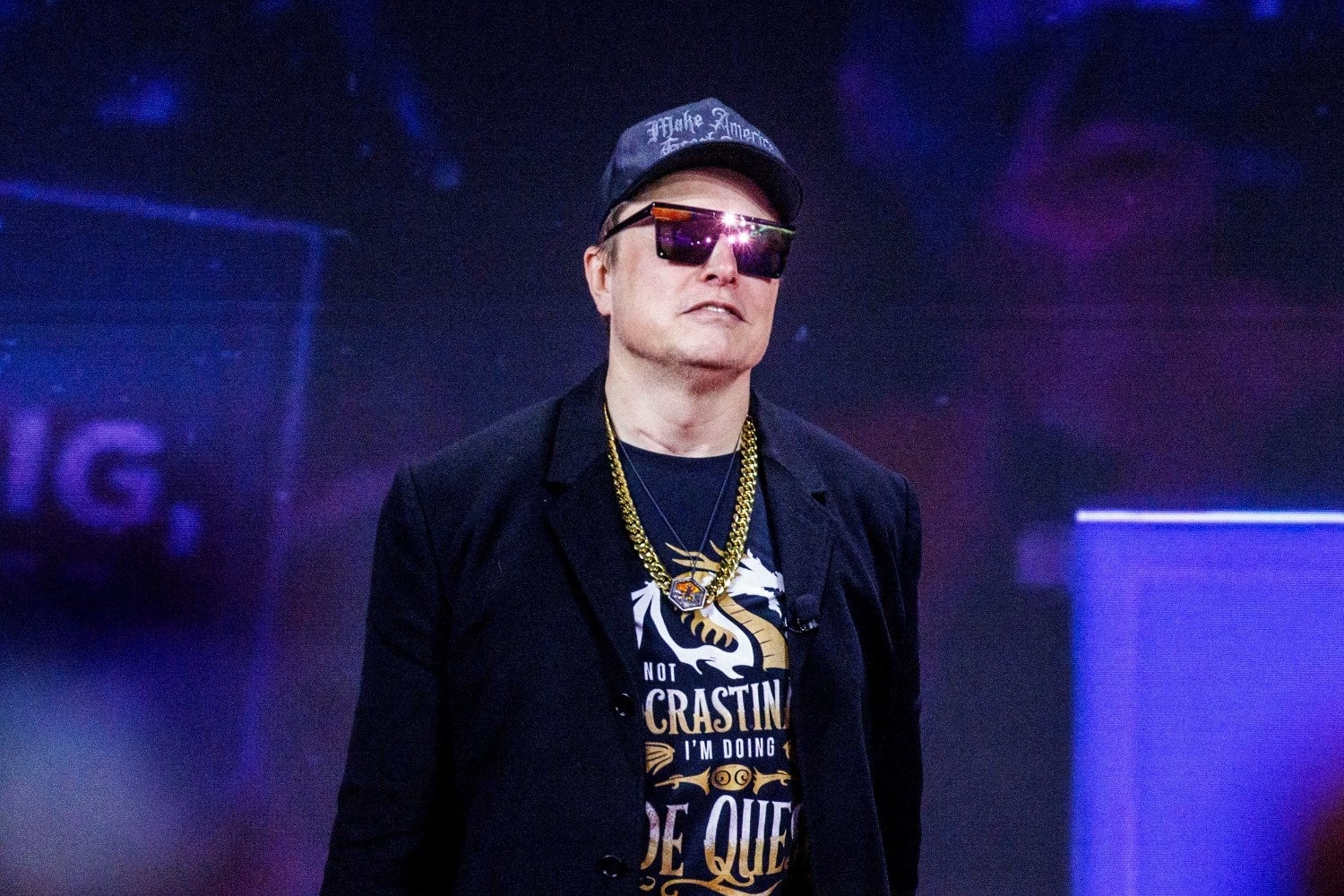The Billion-Dollar Burn: Inside Elon Musk’s xAI Spending Spree
It’s a headline that grabs you, doesn't it? "$1 billion a month." That's the reported burn rate for Elon Musk's artificial intelligence startup, xAI. When I first saw that figure pop up across my news feeds, from Bloomberg to Gizmodo, I admit, my eyebrows shot up. A billion dollars. Every. Single. Month. It's a staggering sum, even in the high-stakes world of tech startups. But when you're talking about building the future of AI, perhaps it's just the cost of admission.
Why So Much, So Fast? The Engine of AI Development
So, what exactly is chewing through that kind of cash? The short answer, as the reports suggest, is the relentless pursuit of advanced AI models. Think about it: developing cutting-edge artificial intelligence isn't like building a new app. It requires immense computational power, vast datasets, and a team of some of the brightest, most sought-after minds on the planet.
- Compute Resources: This is the big one. Training large language models (LLMs) like xAI's Grok demands an astronomical number of GPUs (Graphics Processing Units). These aren't your average gaming cards; we're talking about specialized, high-performance chips that cost a fortune. And you don't just need a few; you need tens of thousands of them, running almost constantly. The energy costs alone for these data centers must be eye-watering.
- Talent Acquisition: The AI space is in a full-blown talent war. Top AI researchers and engineers command incredibly high salaries, stock options, and perks. xAI, like its competitors, needs to attract and retain the best to stand a chance.
- Infrastructure: Beyond the GPUs, there's the physical infrastructure – data centers, cooling systems, networking equipment. It's a massive capital expenditure before you even get to the software.
Gizmodo, among others, has rightly pointed out that this kind of financial model would be utterly unsustainable in almost any other industry. But AI? It's different. It's a land grab, a race to build the foundational models that will power the next generation of technology.
The AI Arms Race: A Context for Spending
This isn't just an xAI phenomenon. The entire AI industry is in a spending frenzy. Companies like OpenAI, Google, Microsoft, and Meta are all pouring billions into AI research and development. It's an arms race, plain and simple. Everyone wants to build the most capable, most intelligent AI, and they're willing to pay whatever it takes to get there first.
As I see it, this high burn rate for xAI isn't just about ambition; it's a reflection of the current competitive landscape. If you're not investing heavily, you're falling behind. The barriers to entry for truly advanced AI are incredibly high, primarily due to the sheer cost of compute. It's a game for giants, or for those who can convince investors they're about to become one.
The Funding Frenzy: Fueling the Fire
So, how does a company sustain a $1 billion monthly burn? Simple: by raising colossal amounts of capital. xAI has been remarkably successful on this front. We saw reports from The New York Times back in late 2024 about xAI successfully raising $6 billion in new funding, with big names like BlackRock, Fidelity, and Sequoia jumping on board. That's no small feat.
And it doesn't stop there. Bloomberg reported in April that xAI was in discussions to raise an even more staggering $20 billion, which would reportedly value the company at over $120 billion. Think about that valuation for a moment. It speaks volumes about the perceived potential of AI, and perhaps, the "Musk premium" that investors are willing to pay. It also underscores the sheer scale of investment required to compete at this level. You need deep pockets, or at least, access to them.
Expert Reactions and the Sustainability Question
When news like this breaks, the industry naturally weighs in. On platforms like X (formerly Twitter), where Musk himself is quite active, the sentiment is a mix of awe and concern. Some experts view this high burn rate as a necessary, albeit risky, investment in the future. They argue that foundational AI models require this level of upfront capital to achieve true breakthroughs. It's like building a rocket ship; you don't skimp on the fuel.
Beyond the Balance Sheet: Broader Implications
While the immediate impact of xAI's spending spree is on its own financials and investors, there are broader ripple effects.
- Regional Economic Impact: Where xAI chooses to build its data centers and offices, there will be job creation – not just for AI engineers, but for construction, maintenance, and support staff. This can provide a significant boost to local economies.
- Supply Chain Pressure: The insatiable demand for GPUs and other high-end computing resources from companies like xAI puts immense pressure on the global supply chain. This can lead to increased prices and potential shortages, affecting everyone from researchers to gamers. It's a fascinating dynamic, watching how one company's ambition can ripple through global markets.
The Road Ahead
Elon Musk's xAI is undeniably navigating a financially challenging, yet strategically critical, period. Burning through a billion dollars a month is a bold statement, reflecting both the intense competition and the immense potential within the AI industry. The company's aggressive fundraising efforts underscore the high costs involved in developing advanced AI models.
The sustainability of this approach remains a critical question. Can xAI translate its massive investments into groundbreaking AI that generates substantial revenue? Or will it be another cautionary tale of ambition outstripping financial reality? Only time will tell. But one thing is certain: everyone, from industry experts to casual observers, will be watching xAI's journey very, very closely. It's an exciting, if not slightly terrifying, time to be in tech.
